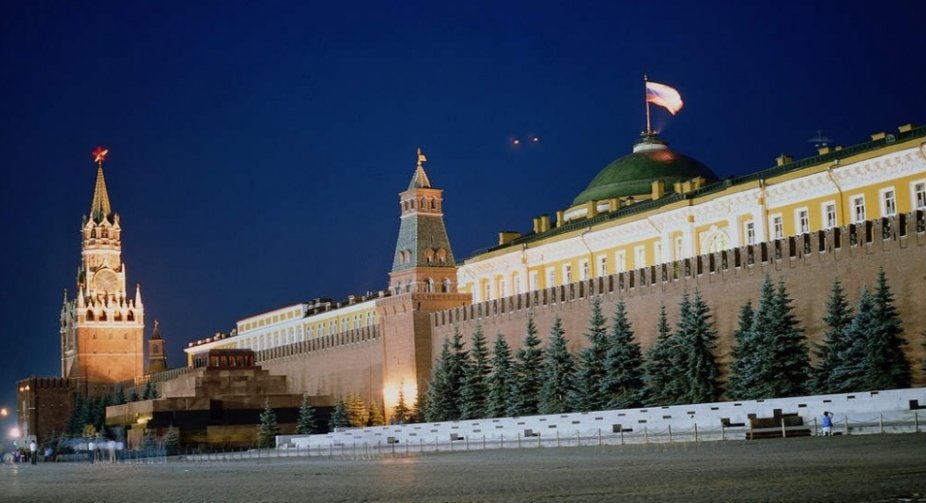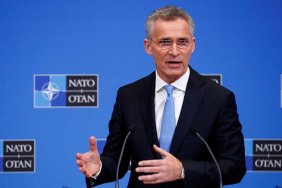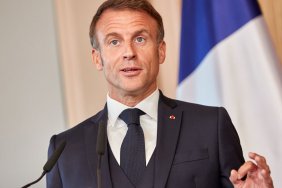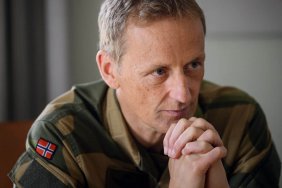The European Union said Thursday it had sent a single letter in response to Russia's proposals to member states on European security on behalf of the bloc's 27 foreign ministers, Reuters wrote.
Earlier on Thursday, Russian Foreign Minister Sergei Lavrov said the EU's collective response to a message to all 27 EU countries at the end of January would derail negotiations, the publication notes.
EU diplomats told Reuters that "the letters sent by Lavrov were seen as a way to split the bloc of 27 countries that treat Moscow differently, amid how he is considering imposing economic sanctions against Russia in the event of a new Ukrainian conflict."
The European Commission, the EU's executive body, said EU diplomacy chief Josep Borrel decided to respond on behalf of all states to demonstrate unity.
"The member states of the European Union have agreed that the High Representative should respond to Minister Lavrov's message on behalf of the 27," a European Commission spokesman told a regular briefing.
The Russian embassy in the EU said in a statement that the letter had been received.
The contents of the letters have not been made public by either side, but diplomats said they relate to Russia's concerns about security on its western borders and EU efforts to resolve tensions through diplomacy.
Meanwhile, NATO Secretary General Jens Stoltenberg sent a letter to Russian Foreign Minister Sergei Lavrov offering to continue dialogue within the NATO-Russia Council. The secretary general said this at a joint briefing with the British prime minister on Thursday in Brussels.
"This morning I sent a letter to Foreign Minister Lavrov reiterating my invitation to Russia to continue our dialogue in a series of meetings in the NATO-Russia Council to find a diplomatic way forward," Stoltenberg said.






